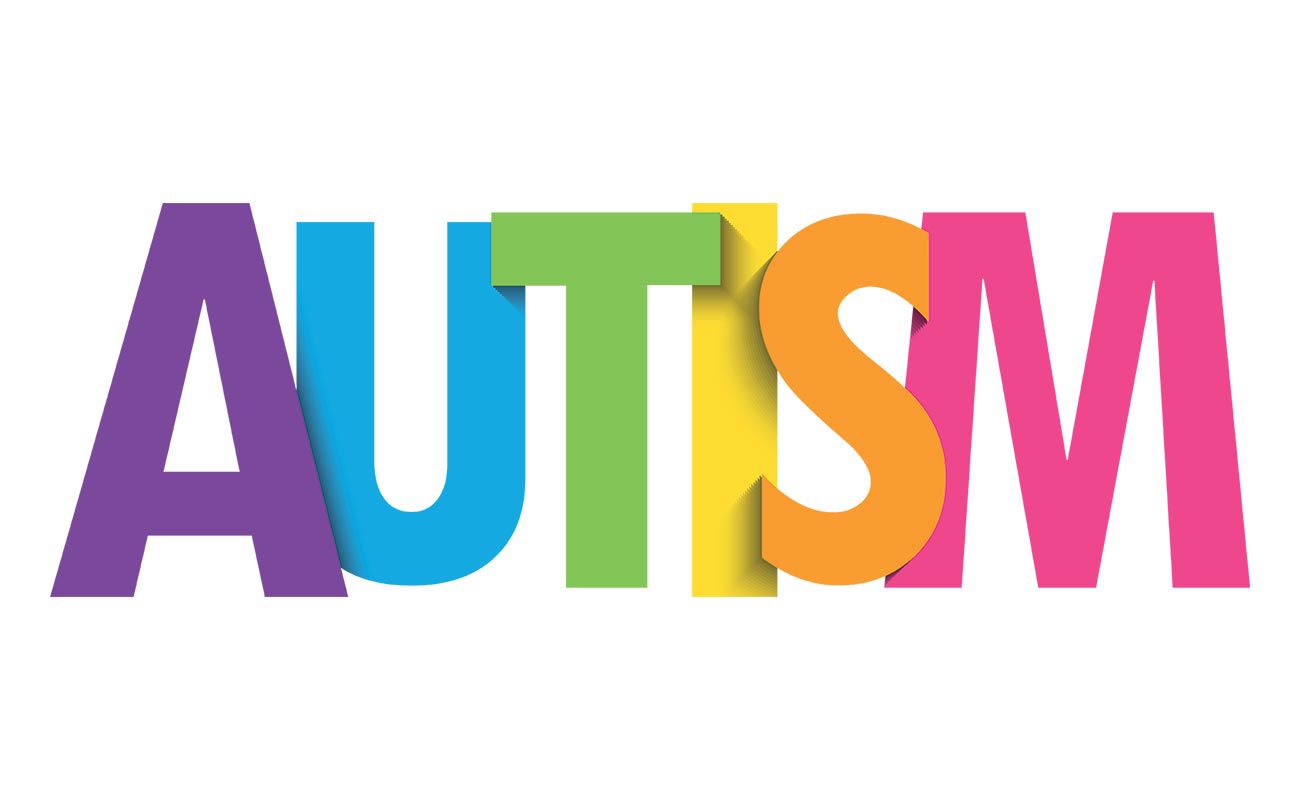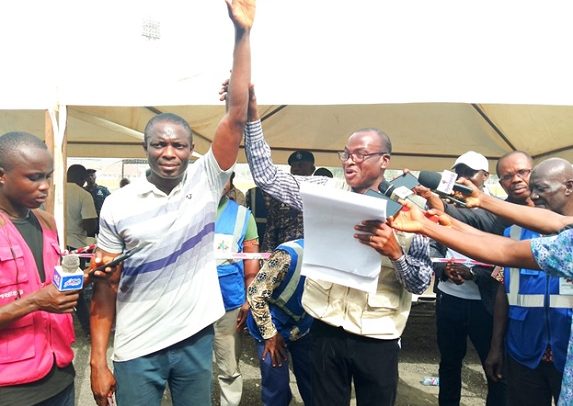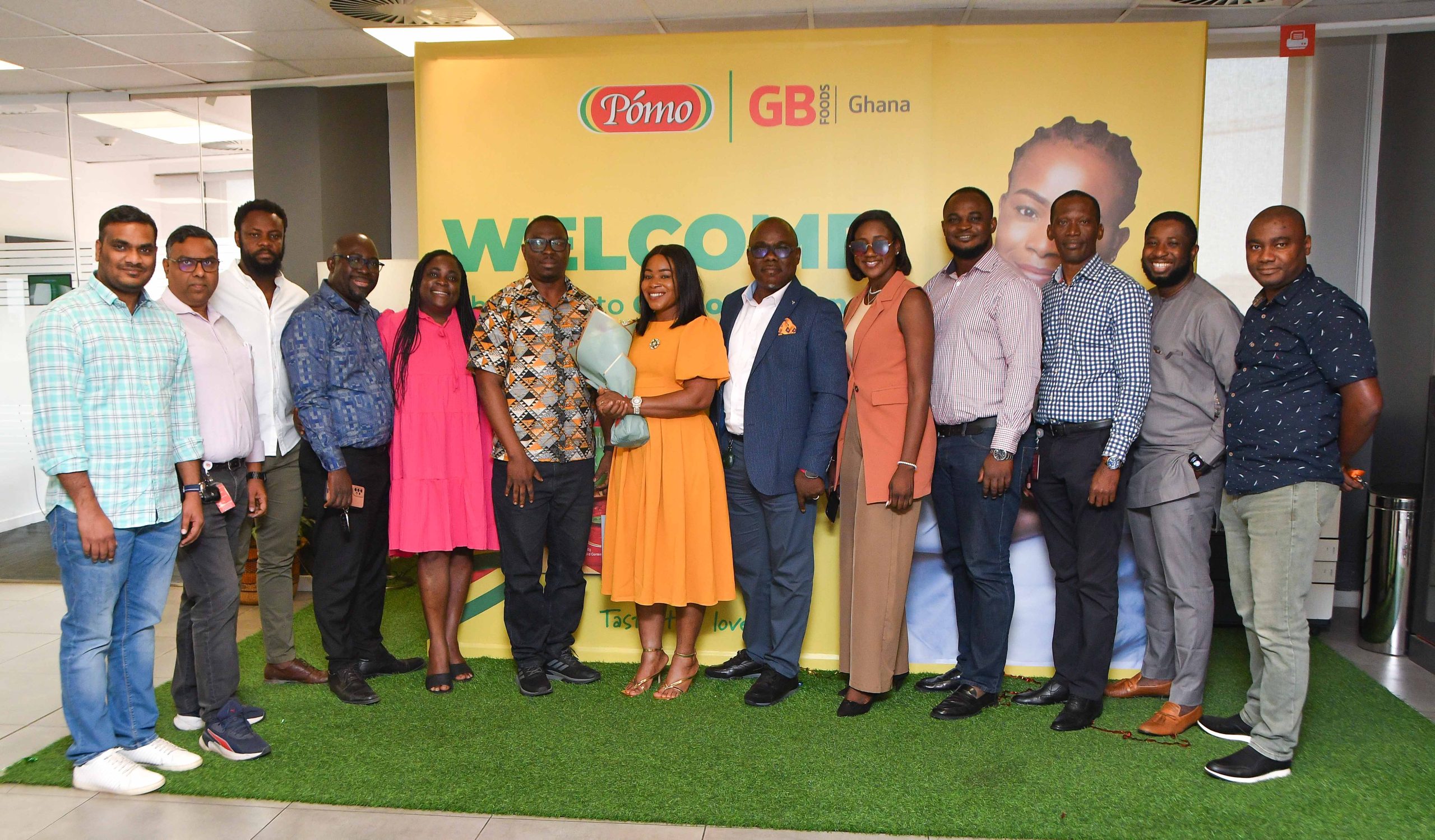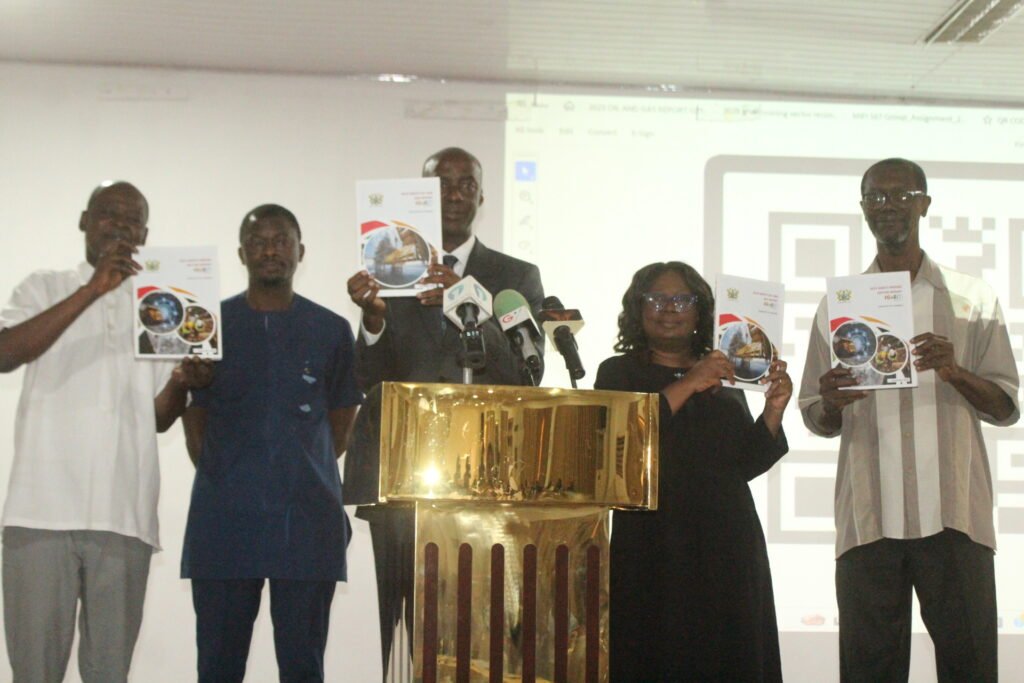
As the world marks World Autism Awareness Day, the focus is on the progress and challenges in creating a more inclusive society for people with autism. In Ghana, a movement driven by dedicated advocates, educators, and families is pushing for change, ensuring that individuals with autism receive the support they need.
A Growing Push for Inclusion
Organisations like the Autism Awareness, Care, and Training (AACT) Centre, Kokobri Autism Foundation, and ShareCare Ghana are leading the charge in raising awareness and providing essential support. They run training sessions for teachers, support groups for parents, and outreach programmes aimed at dispelling myths surrounding autism. AACT, founded in 1998 by Mrs. Serwah Quaynor, focuses on specialised education and therapy for children and their families, while ShareCare Ghana supports individuals with neurological conditions, including autism.
ALSO READ; 5 signs you are autistic without even knowing
Progress and Challenges in Education
Education is a major area where Ghana has made strides, but there’s still a long way to go. The Inclusive Education Policy, introduced in 2015, was designed to integrate children with disabilities into mainstream schools. However, implementation has been slow, with many schools lacking the necessary resources and trained staff to support students with autism effectively.
Some institutions, like Multikids Inclusive Academy in Accra, are changing the narrative by offering tailored learning environments for children with autism and special educational needs. With small class sizes and personalised learning support, schools like this show what’s possible. But for real change to happen on a national scale, systemic improvements are needed.
Tackling Employment Barriers
Employment remains another area where challenges persist. Ghana’s Labour Act promotes equal opportunities for all, yet stigma and a lack of awareness still make it difficult for people with autism to secure jobs. Organisations such as the Kokobri Autism Foundation are stepping up with vocational training programmes designed to equip young adults with employable skills, ensuring they have a fair shot at sustainable livelihoods.
The Need for Greater Support
For many families, the financial burden of therapies and specialised care is overwhelming. Calls for government intervention, including subsidies for therapy and more accessible educational resources, are growing louder. Greater financial support could make a significant difference in improving the quality of life for individuals with autism and their families.
With increased advocacy and a growing understanding of neurodiversity, Ghana is making progress towards a more inclusive society. But there’s still work to be done. On this World Autism Awareness Day, one message stands out—more support, more inclusion, and more understanding are needed to truly break the barriers for people with autism.
Read Full Story






















Facebook
Twitter
Pinterest
Instagram
Google+
YouTube
LinkedIn
RSS